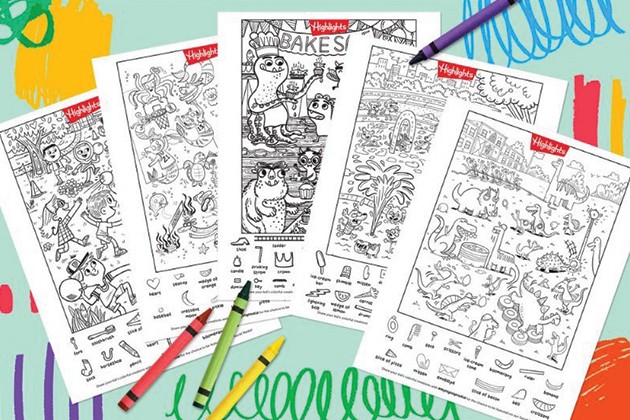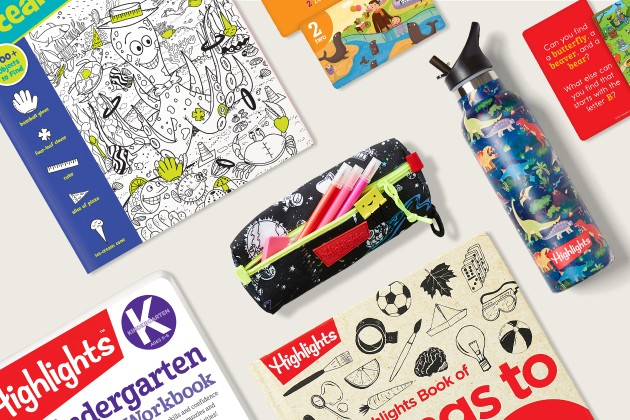It’s Mine! Why Even Generous Toddlers Become Possessive

It is, most likely, inevitable: One day your 2-year-old cutie is quietly sharing her favorite stuffed animal with her 4-year-old brother, when out of nowhere you hear her shout, “Let go!” in the most assertive tone ever.
And with that, it’s clear your (formerly) amiable little cutie will not surrender her toy. Not now. Not ever. Not even for a second. Taking turns is not an option.
What gives? Not your sweetie, at least not for the time being.
In fact, your youngest—the one you used to count on to share her toys, her food and even her bedtime story time generously—is now staking a claim on everything. Want to wash her blankie? Better do it while she’s asleep because she is not going to give it up, not if she can help it.
What’s changed?
Sometime after her first birthday, your baby started to understand that she is, in fact, her own person.
Around age 2, it dawns on toddlers that that they can control their possessions. This possessiveness is normal, and it signals a growing independence.
But there’s more at play here. At this point, your toddler doesn’t recall that the possessions they give you always come back to them safely. In a toddler’s mind, if something leaves their hands—even temporarily—it’s probably gone forever.
The good news is that once your toddler becomes possessive, they are well on their way to learning about give-and-take, and sharing will get easier.
How to Teach Your Toddler to Share
Little ones must understand 3 distinct ideas before they are able to give and share on a regular basis. They must:
- Create attachments and feelings of ownership.
- Understand that things exist even when they can’t see them.
- Develop empathy and an awareness of the feelings of others.
Children don't develop empathy until around age 6, so the phrase “it’s mine” may dominate your toddler’s frame of mind for some time. In the meantime, try these tips to minimize conflict and help your child develop a more generous spirit.
1. Plan play dates wisely.
Before a pint-size guest visits, remove certain non-negotiable personal belongings from view so a good time doesn’t dissolve into a tug-of-war fiasco.
2. Set a timer.
Keep activities short. When all else fails, use a buzzer to signal when it’s time to swap toys or puzzles.
3. Encourage kids to practice taking turns and sharing.
If a tiff escalates, explain to all that they can play with a coveted toy when the other child is finished. If that fails, try using a timer.
4. Show how you share.
Let your toddler see you borrow a rake from a neighbor and then return it together later. Lend a book to a sibling and tell your little one that you trust your sibling to bring it back to you.
5. Demonstrate emotional generosity.
Engage in activities and share experiences that boost happiness. A happy and emotionally secure child is more likely to share with others. Teach your toddler to value shared experiences over toys and other possessions.
Our Kindness Collection is designed to help you nurture kindness and empathy while encouraging kids to grow into their best selves: Curious, Creative, Caring and Confident.









